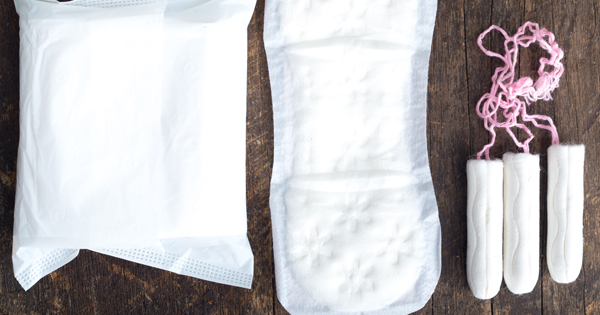Advertisement
Female students from poor families have been left with nothing but socks to use to deal with their menstruation. Their teachers from their respective schools were given the task of purchasing and providing these girls with tampons or sanitary pads to use, according to The Guardian.
Girls who come from poor families had been skipping their classes because they literally don’t have any proper items to use for their period. Teachers were also tasked in arranging donations and supplies that came from charities.
Hayley Smith, founder of Flow Aid, told the Guardian that a teacher came forward to her to ask for provision of sanitary products to young girls who are too poor to afford them.
Smith said, “Teenagers and young girls are being forced to wrap or stuff toilet paper down their knickers, to prevent them from bleeding all over themselves while at schools. The cost of sanitary products is just too much for some girls and their families, and it’s leading to missing school and it’s putting their health at risk.
“It’s absolutely despicable in the 21st century that girls are being forced to comprise their education simply because an absolute necessity is unavailable and not affordable.” Flow Aid is a campaign on Britain that works on providing girls with free pads and tampons.
Rosy Candlin, of Every Month, told the Guardian, “For a family to say ‘we cannot afford food’ that’s so much easier to ask for. But because of the shame put on mensuration it’s much harder. Even in food banks we have to tell me to make it explicit that they carry our packs as people less likely to ask for them.”
She continued, “There’s a lot of girls who use lots of tissue to create makeshift protection, or they will have just a few pads and leave them in for longer, so it becomes unhygienic and unhealthy so there are no real good options.”
Tina Leslie of Freedom4Girls created a crowdfunding page not only to provide these young girls with things that they need, but also for research in terms of figuring out how big this problem is in Britain.
Bothana Tashani said, “We were not surprised when we were first contacted by a school in Leeds about it. It’s upsetting because no one has talked about it before as there is a lot of shame and embarrassment around not being able to afford sanitary products.”




